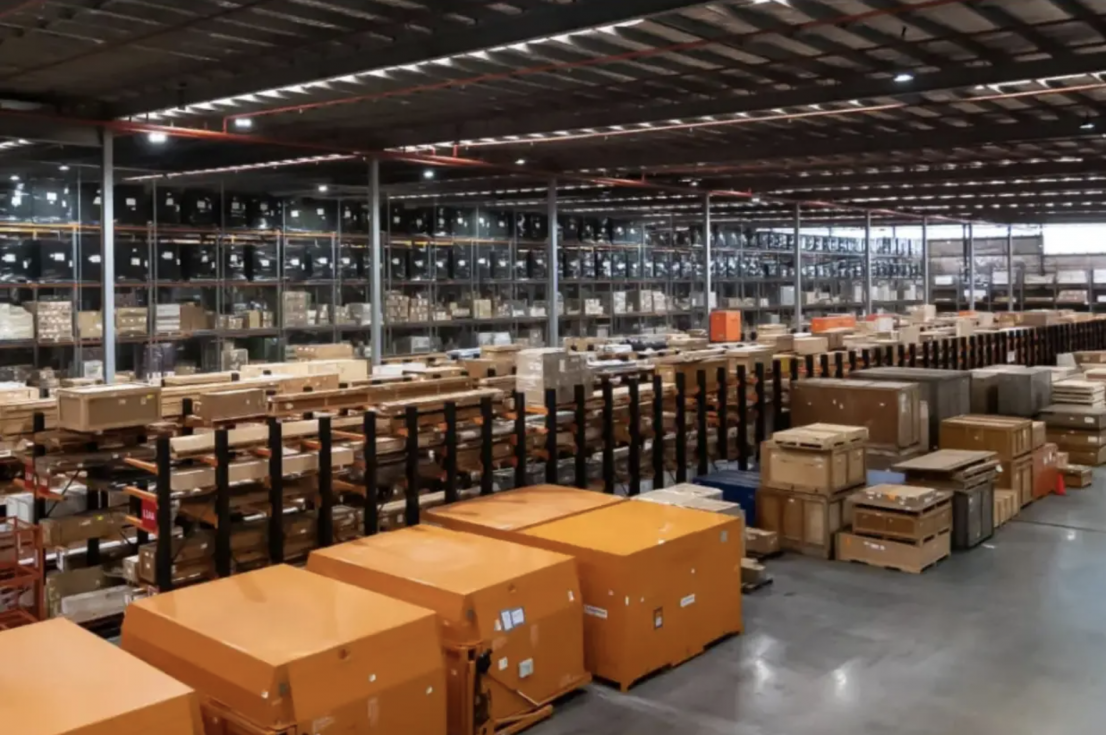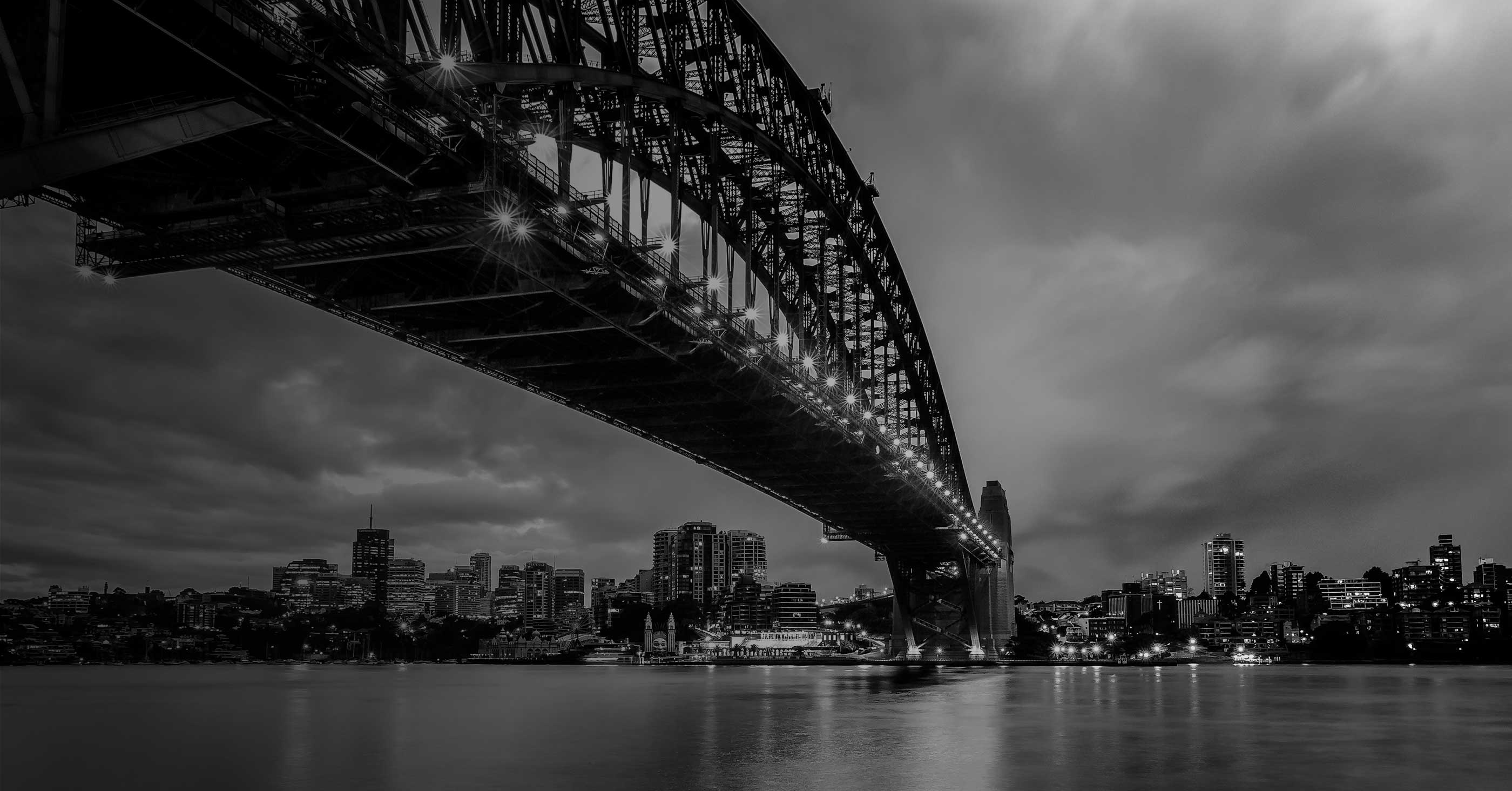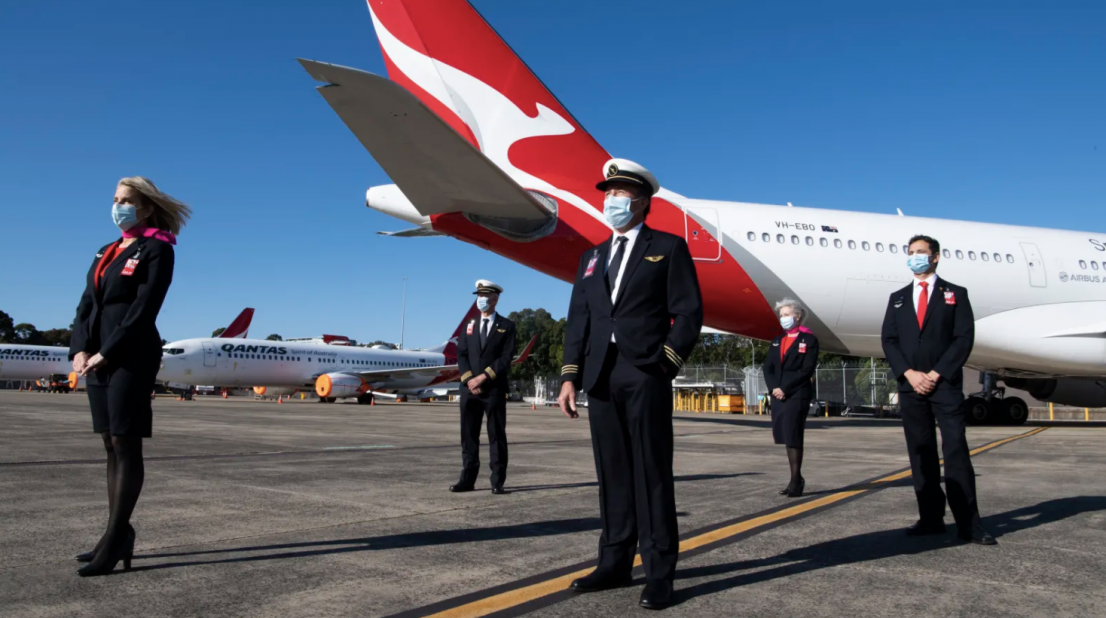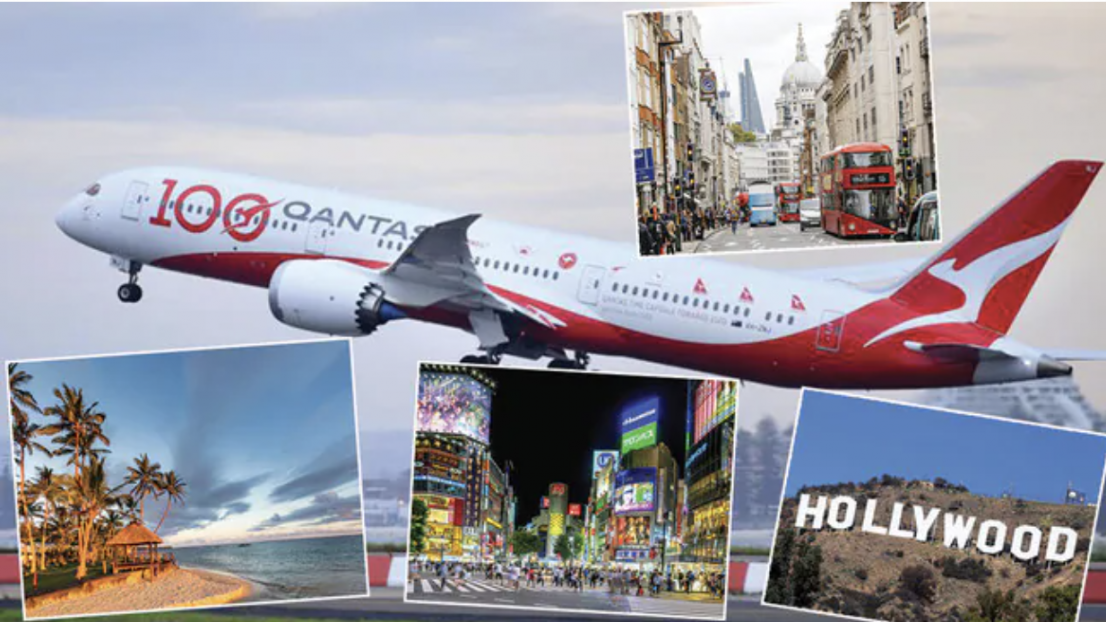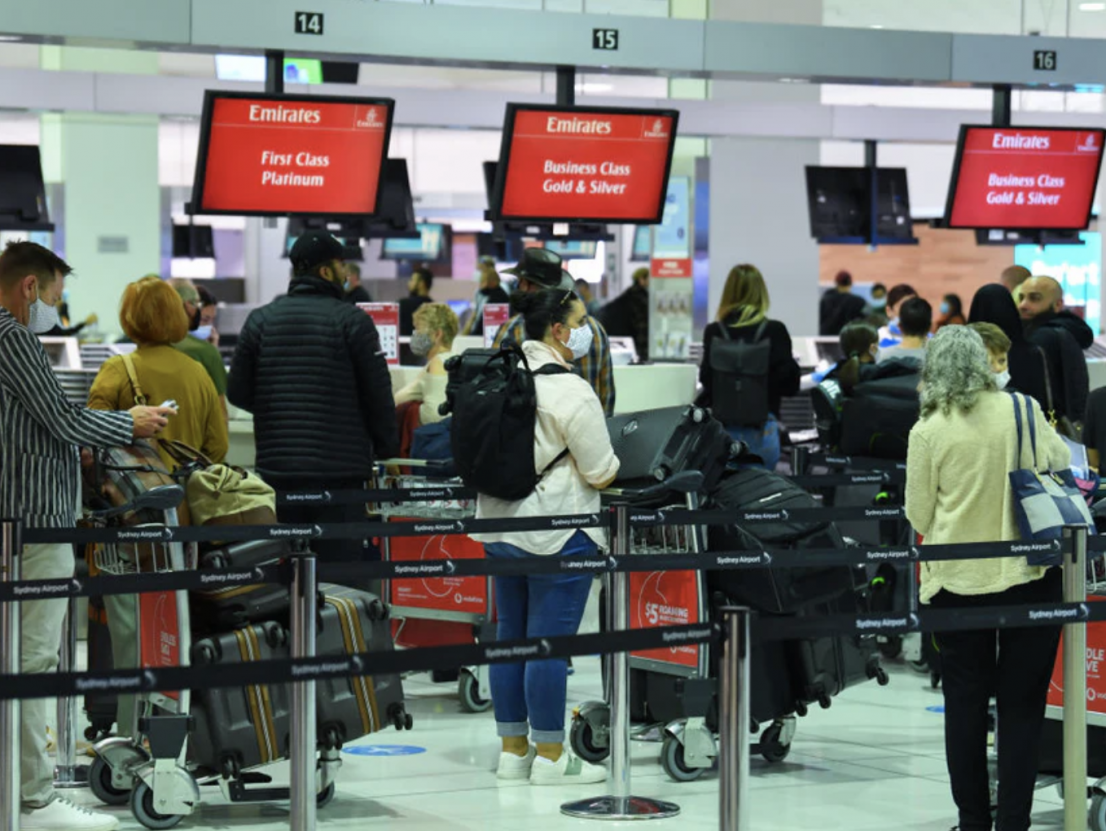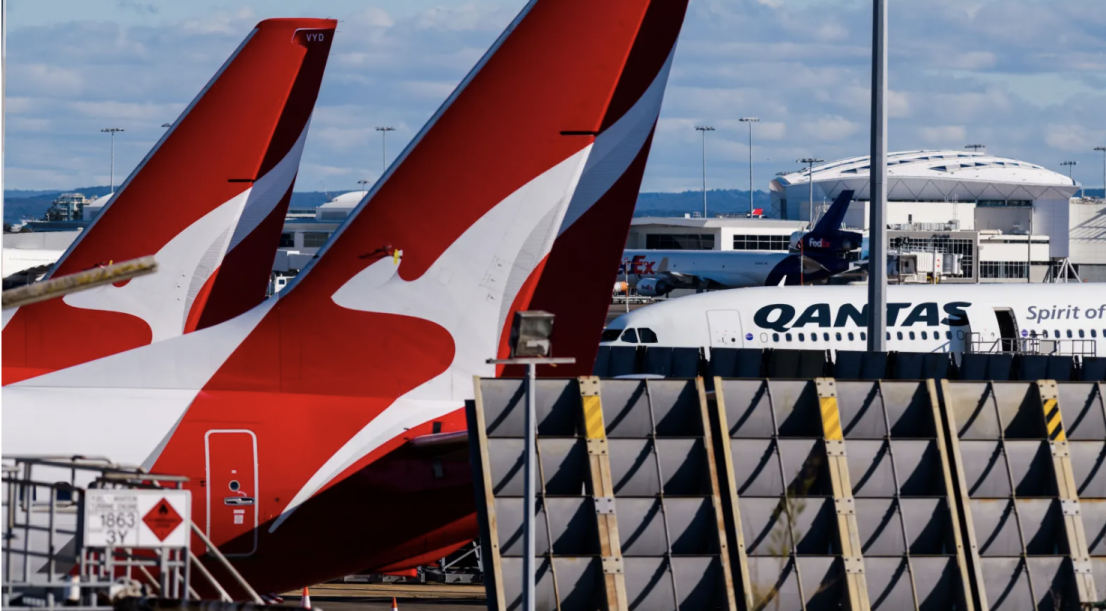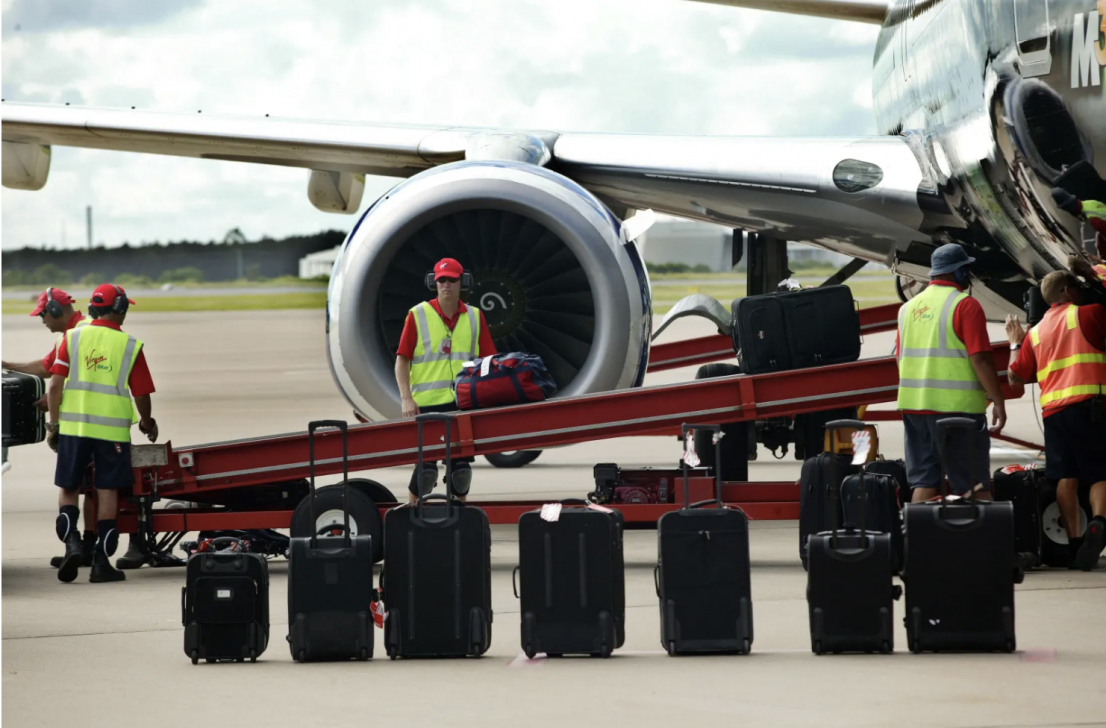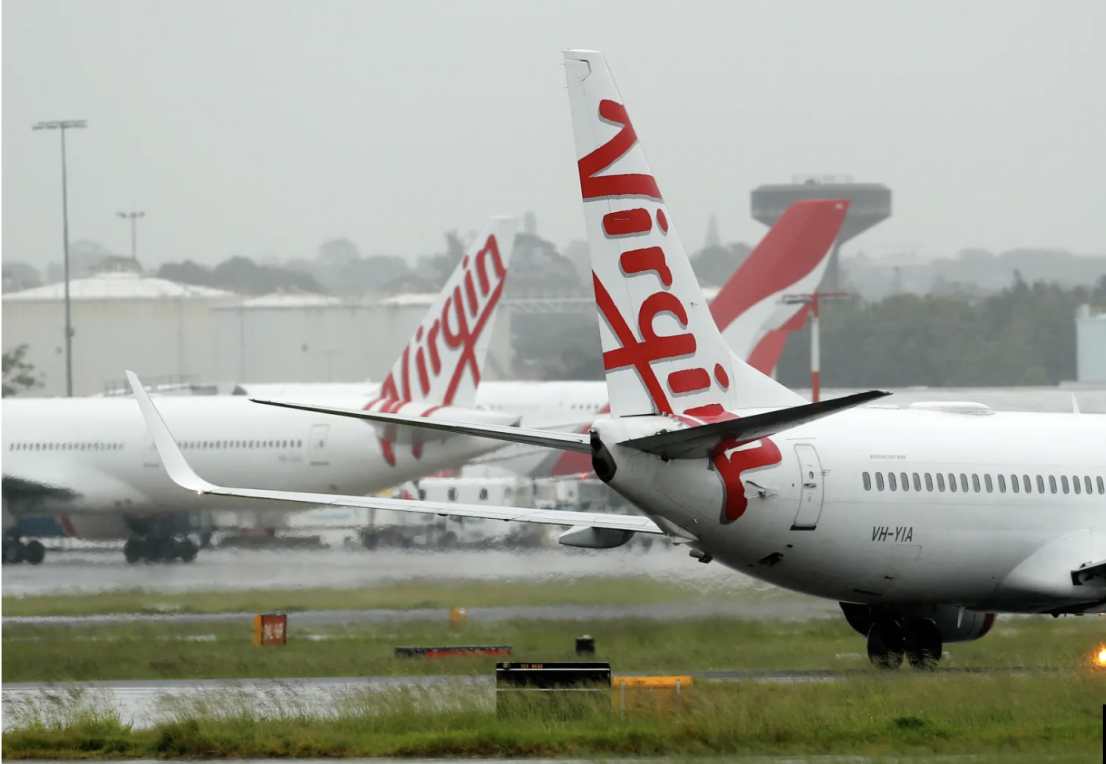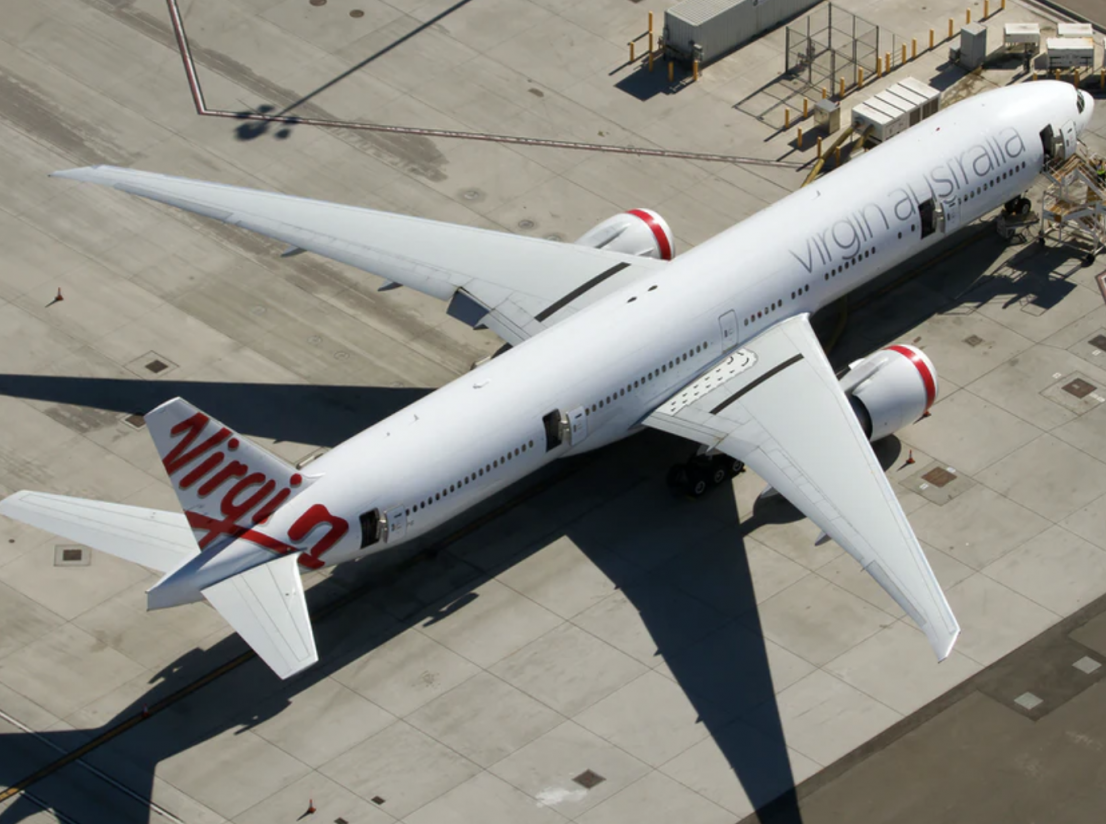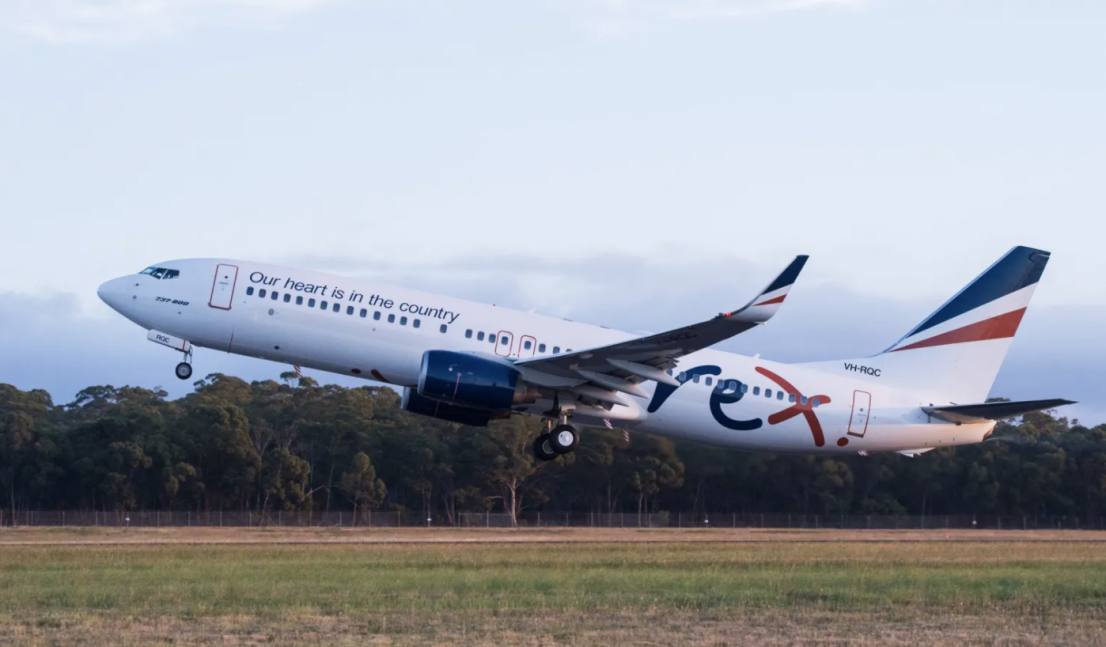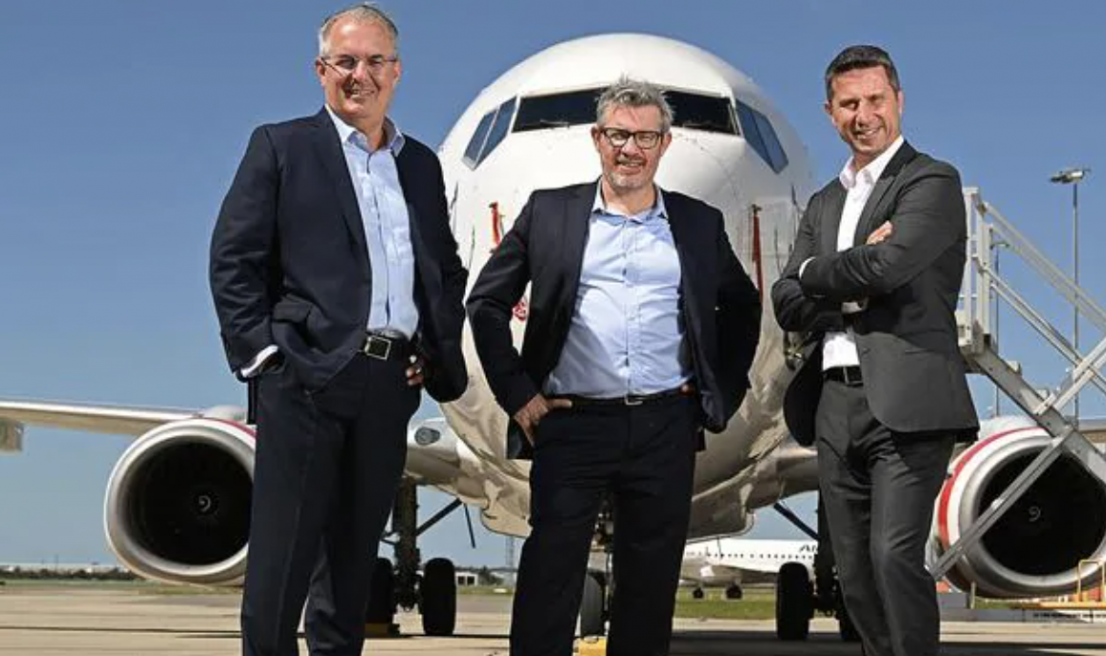
It is the gong of their careers. The Virgin Australia restructuring team at Deloitte achieved the international business turnaround of the year, the first time for an Australia-based company.
The news from the global Turnaround Management Association in New York went public overnight on Tuesday. Deloitte Partners Sal Algeri, John Greig and Richard Hughes have shown how, done right, administrators can be turnaround wizards – not corporate undertakers.
In just 67 days from when Covid-19 hit in April last year, the team rescued Virgin from a spiral dive as it haemorrhaged cash with debts of $6.8bn. They saved 6000 jobs and delivered the restructured airline to Bain Capital after a hotly contested global sales process.
“We never wanted this airline to fail, given the national importance to the competitive aviation sector,” said Algeri, national manager for T&R. “We didn’t want this to be another Ansett. We wanted this to be a success.”
There were 50 groups of stakeholders to wrangle, 2000 creditors to negotiate with during lockdowns, and the fleet had to shrink from nine types of aircraft to two. And all in a bubble of media scrutiny.
From the start four partners worked together: Algeri, Greig, Hughes and Vaughan Strawbridge, who has since left Deloitte. The four met every morning and every evening for half an hour, seven days a week for three months.
“They were all really focused, not an ego in the room frankly, just really supportive of each other,” says Paul Scurrah, CEO of Virgin at the time.
While Strawbridge and Scurrah fronted the media, behind the scenes each partner was dealing with the myriad of issues and running a sales process in parallel.
Virgin was based in Brisbane. Richard Hughes, who was head of T&R Queensland, and John Greig, Deloitte’s state managing partner, took over day-to-day operations, from flight schedules and engineering to cashflow.
“The business burned $200m a month prior to the appointment and it was pretty challenging,” says Hughes. “As administrators we are personally liable for the debts of the company that we incur post appointment so if there is a wages bill that turns up on the second day we are personally liable for it. We had a lot of skin in the game as a result.”
With an airline sales process running through a pandemic the pressure was on. “That is why we had to divide and conquer between ourselves, getting to major creditors or stakeholders to reduce the ongoing monthly charges,” Algeri said. “To hold so many parties together we knew we had to move very quickly or parties would lose confidence.”
“The big opportunities were in the leasing,” says Hughes. “We were able to get some extensions to the rent-free period and then power-by-hour arrangements for aircraft.” That meant costs would better match revenue.
The ghost of Ansett, its drawn out administration and liquidation, were ever present. “We spoke about Ansett,” says Greig. “And we made a promise between the four of us in the wee hours of the night before our appointment that we would simply not allow the outcome that happened with Ansett to happen with Virgin. It was a bit of an emotional moment I would say.”
Scurrah was one of several Virgin staff who had been at Ansett. Hughes says getting on the same page as Scurrah with staff and management behind him was instrumental to success. “I can’t say enough positive about Paul. Imagine you are a CEO of a very large airline, you essentially cede control to us. That can become pretty difficult. Paul strategically and from a team perspective figured out that this was the best way for the airline and put aside a lot of his personal interests to see that the airline got though,” he says.
Scurrah was already a year into transforming Virgin with a new CFO, Keith Neate. At one point the airline ran only one Sydney to Melbourne flight a day. The government knocked back a $1.4bn support package, arguing that five foreign shareholders owned 90 per cent of the airline. But they too were in trouble.
“We had taken an airline generating $6bn a year in revenue to zero and you don’t know how long that is going to last. You have lease costs coming. The decision to go into administration quickly was the right one,” says Scurrah.
Media had speculated KordaMentha (of Ansett fame) would be called in, but Scurrah and the board chose Deloitte. “The speed with which the Deloitte guys built knowledge was incredible. Within a week I was learning things from them about our own company – that’s how good they were,” says Scurrah.
From the Monday of the appointment, Algeri was calling aircraft financiers. “We had 70-plus parties scattered around the world. We got to Friday and say wow, there’s a lot to do but they are onside. Next minute, photographs of bulldozers in front of aircraft.”
Worried they were being overlooked, Perth and Adelaide airports wanted to make a point. Algeri was back on the phone to financiers. “It was all about trust. We told them that their aircraft were safe and then the next moment they are sort of locked up on a tarmac somewhere.”
Things calmed down but there was another task airside: to simplify the fleet. “When you have to hand back 70 aircraft overnight, it just doesn’t happen,” Algeri says. “It’s like a used car lot, parts of aircraft are intermingled. An aircraft comes with a titled engine and componentry and when you have to hand that back it’s got to have all that stuff on it. I take my hat off to the team at Virgin that were so methodical.”
For Scurrah a lesson from Ansett was communication. “For a three-week period there was just absolute silence. It was the fear of not knowing what was going to happen. So we communicated about everything, every day to everyone. Even if there was nothing to tell them.”
From day one, the sales process also took off with an information memorandum out in seven days. US investment banks Houlihan Lokey and Morgan Stanley were brought on board to maximise the pool of candidates. The buyer needed to show it would operate Virgin in a blue sky of uncertainty.
Every decision was made by the four administrators together. A shortlist of five was landed, then two and one. Greig remembers hearing from one of the five cut out during the process. “They wrote us a long letter, saying you guys must think there are fairies in the bottom of the garden if you believe what some of the other parties are telling you in terms of getting a translation done.”
When Bain Capital was announced winner, Greig says another letter arrived. Apparently there were fairies at the bottom of the garden, it stated.
Deloitte secured $125m from Bain in interim funding, which took on the financial risk for the trading business from July 1, 2020 even though the administrators remained in control.
One sour note is that according to reports at the time, Bain, having told staff that Scurrah would lead the airline, then changed tack after the creditors (including staff) voted to approve it as preferred bidder. Scurrah now runs rail group Pacific National.
What’s striking about the Virgin turnaround is the complexity. Greig was absorbed in Velocity, which was not in administration – Deloitte controlled it through Virgin’s 100 per cent ownership. With 10 million members and contracts with suppliers, the loyalty program had value.
Hughes grappled with how thousands of creditors could vote during Covid. There was no off-the-shelf solution. Deloitte turned to Halo, a system used in the firm for whistleblower claims, which it adapted for creditor claims.
“We think we have saved the estate $3m or $4m,” says Hughes. “At the final meeting we had 7000 people vote and we were able to tell people the answer to over 15 resolutions by the end of the meeting.”
Of the 6500 bondholders, two hedge funds became noisy protagonists but were unsuccessful. Algeri, Grieg and Hughes are the trustees of funds for unsecured creditors and, subject to objections being sorted, a return of 10-13 per cent is still expected.
Above all, says Algeri, the team kept its promise to ensure Virgin Australia survived with most employees. “Cemented in our minds forever is the smiles on their faces that we received and the thank you.” It took Algeri until February this year to see those faces in Brisbane when Melbourne’s lockdown lifted briefly. Unfortunately, the lockdown is back. “We now can’t go and celebrate in the same state,” Algeri says.
“Yeah, we haven’t had a beer together yet,” says Richard Hughes.
